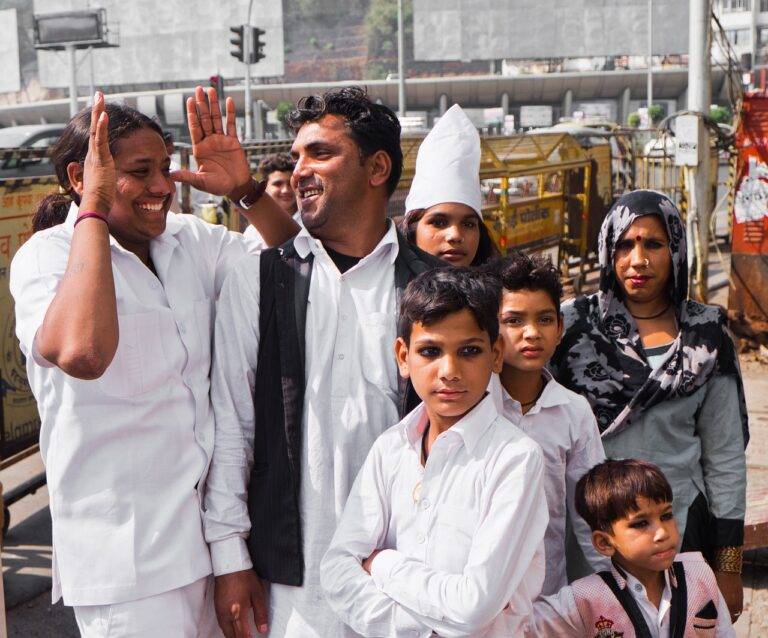Election Debates in the Age of Misinformation: Strategies for Fact-Checking
In the realm of election debates, the veracity of information presented plays a pivotal role in shaping public opinion and influencing voter decisions. Fact-checking serves as a crucial tool in holding politicians accountable for the claims they make during these debates. When false or misleading statements go unchecked, it can lead to a distortion of truth and misrepresentation of candidates’ stances, ultimately clouding the electorate’s ability to make informed choices.
By subjecting statements made in election debates to rigorous fact-checking procedures, journalists and fact-checkers help uphold the integrity of democratic processes. This not only serves to safeguard the truth but also fosters greater transparency in political discourse. Fact-checking holds candidates to a standard that promotes accountability and honesty, which are fundamental values in a functioning democracy.
Understanding the Impact of Misinformation on Political Discourse
In political discourse, misinformation can have far-reaching consequences that permeate society’s understanding of critical issues. False information has the power to sway public opinion, influence policy decisions, and ultimately impact the democratic process. When misinformation spreads unchecked, it can create division, erode trust in institutions, and hinder constructive dialogue between individuals with differing viewpoints.
Moreover, the proliferation of false information in political discourse can lead to a polarized society where individuals are more entrenched in their beliefs and less open to considering alternative perspectives. This can further exacerbate social tensions and impede the ability to find common ground on important issues facing the community. As such, it is essential to combat misinformation through fact-checking, critical thinking, and promoting media literacy to foster a more informed and engaged citizenry.
• Misinformation can sway public opinion and influence policy decisions
• False information can impact the democratic process
• Unchecked misinformation can create division and erode trust in institutions
• It hinders constructive dialogue between individuals with differing viewpoints
• Proliferation of false information leads to a polarized society
• Individuals become more entrenched in their beliefs
• Society becomes less open to considering alternative perspectives
• Social tensions are exacerbated, hindering finding common ground on important issues
It is crucial to combat misinformation through:
• Fact-checking sources of information
• Encouraging critical thinking skills
• Promoting media literacy among citizens
Identifying Common Tactics Used to Spread False Information
Misinformation can infiltrate political discourse through various cunning tactics. One common strategy is the use of emotional appeals to provoke strong reactions and cloud rational judgment. By triggering fear, anger, or outrage, false information can spread rapidly as individuals share content without verifying its accuracy.
Furthermore, false information often thrives on exploiting confirmation bias, where individuals are more inclined to accept and disseminate information that aligns with their existing beliefs. This tactic capitalizes on preconceived notions, making it easier for misleading information to gain traction and influence public opinion.
Why is fact-checking important in election debates?
Fact-checking is crucial in election debates to ensure that voters are well-informed and can make decisions based on accurate information rather than false claims or misinformation.
How does misinformation impact political discourse?
Misinformation can lead to confusion, division, and mistrust among voters, ultimately undermining the democratic process and the ability of citizens to make informed decisions.
What are some common tactics used to spread false information?
Some common tactics used to spread false information include spreading rumors, using misleading statistics, manipulating images or videos, and employing deceptive language to distort the truth.







